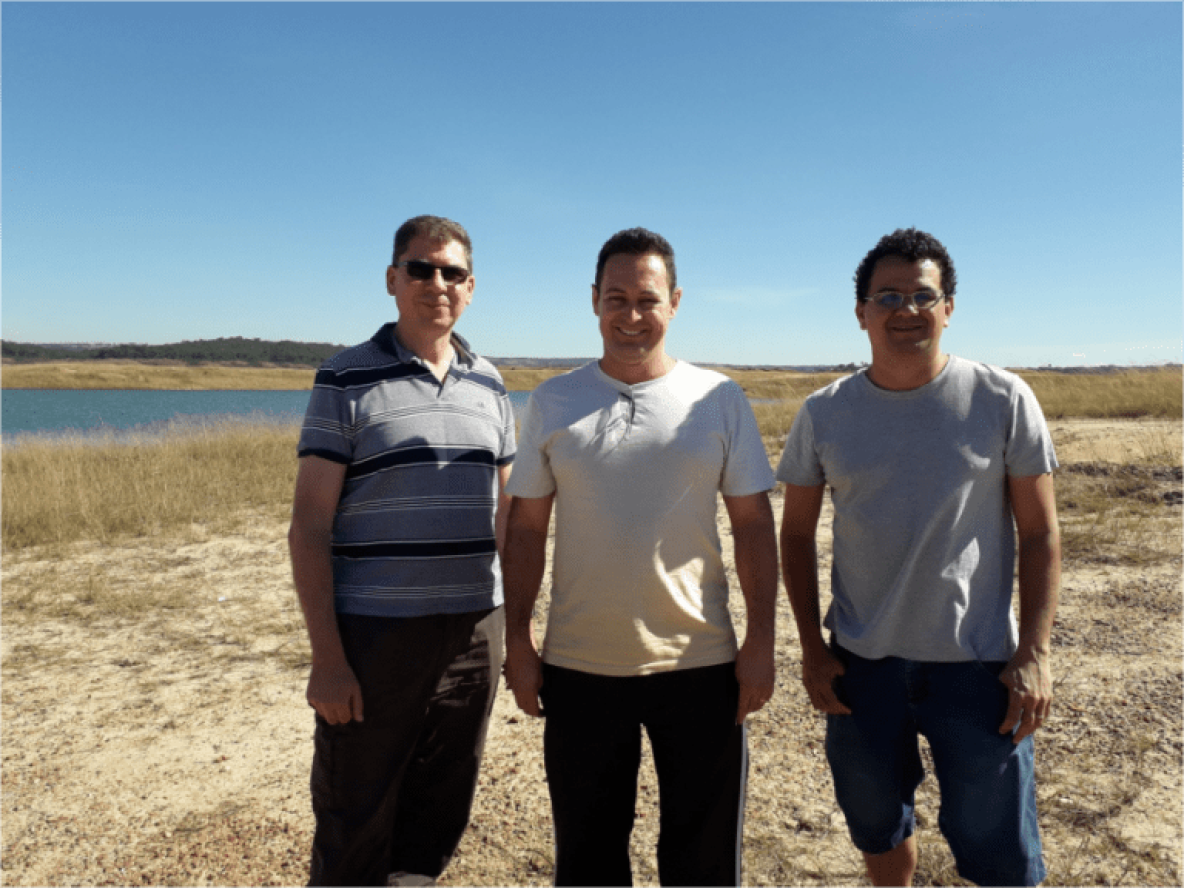

As part of an on-going research collaboration between Dr Ian Grout of the Department of Electronic and Computer Engineering and Professor Alexandre César Rodrigues da Silva of the Faculdade de Engenharia – Câmpus de Ilha Solteira, Universidade Estadual Paulista “Júlio de Mesquita Filho” (UNESP) in Ilha Solteria (São Paulo), a visit by Ian Grout to UNESP in June 2019 was undertaken. The collaboration between the two partners is focused on the field of embedded sensor system design and applications using microcontroller and FPGA (field programmable gate array) technologies.
The visit to UNESP this year was based on two key activities. Firstly, to undertake research into sensor system design and results analysis involving software and hardware based approaches. Secondly, both academics are co-supervising a PhD Student (Willian de Assis Pedrobon Ferreira) based in UNESP and the visit allowed face-to-face contact and discussions to support his research. The project is based on research into and development of environmental monitoring using hardware techniques and embedded machine learning with the FPGA as the target hardware.
In addition to the two key activities, a link through UNESP was developed to be involved in a project inside cross-border MARCA Program. In the project named “Preparándonos para el Internet de las Cosas (IoT)” coordinated by Professor Edgar R. Ramos Silvestre, at Universidad UNIVALLE – Cochabamba – Bolívia and by Professor Suely Cunha Amaro Mantovani, at UNESP, Campus de Ilha Solteira, each partner provides an on-line IoT service for environmental monitoring from their locations where the data is available through an on-line database for analysis purposes. Access has been given to Limerick to access the service, to utilise the database for collaborative data analysis and to establish a sensor node in Ireland that can provide additional data. The Program MARCA – Movilidad Académica Regional para los Cursos Acreditados – is developed with Argentina – Bolívia – Brazil – Paraguai.
As part of this visit, an invitation was extended to visit Professor Tércio Alberto dos Santos Filho from the Departamento Computação (Instituto de Biotecnologia – Ibiotec) within the Universidade Federal de Catalão (UFCat). UFG is based in the city of Catalão in Goiás, approximately 300 kms south of Brasilia and 530 kms from Ilha Solteira.
This visit had three key aims. Firstly, it allowed for interaction with students within UFG through the delivery of a seminar and discussions with the students after the seminar. The seminar was delivered to 150 students in UFG with the aim to provide an introduction to the use of Python and Google TensorFlow with application to machine and deep-learning. Secondly, it allowed for the academics to discuss research collaboration potential in the field of embedded sensor system design. The research in this field within UFG is run jointly with UNESP and involves the design and development of a city-wide wireless network for environmental monitoring that can be accessed as an IoT service. The sensor nodes set-up around the city were visited and the practical issues involved in setting-up such a system were discussed. Thirdly, it allowed for interaction with academics within UFG and a discussion into research areas of mutual interest. This also involved a visit to the lake and region close to Três Ranchos, approximately 30 kms from Catalão, to see the different types of conditions that their wireless monitoring systems have to work in and the varied environmental conditions that exist in Brazil.